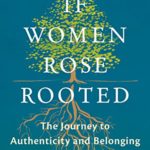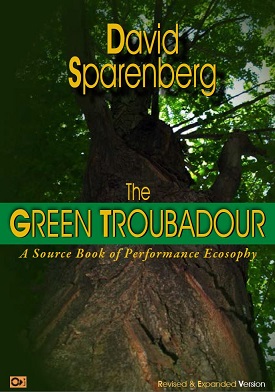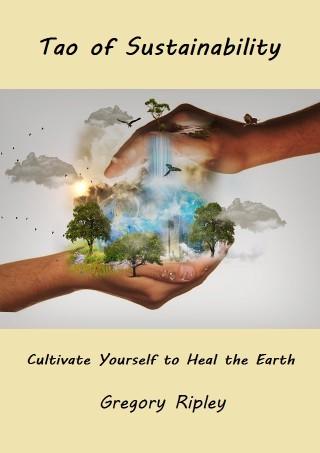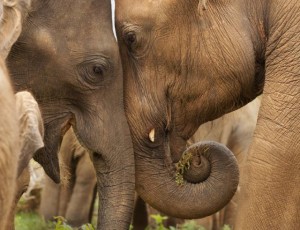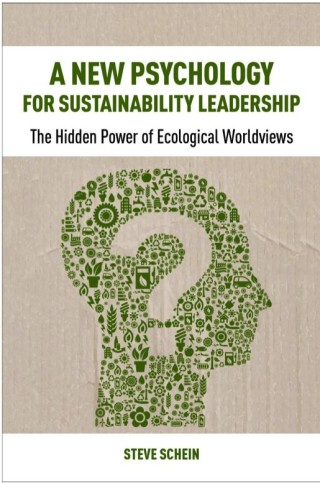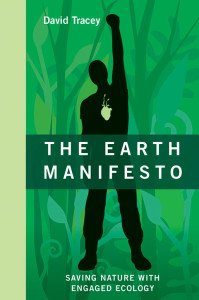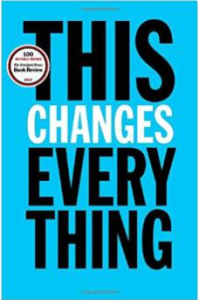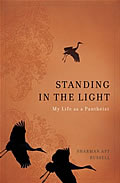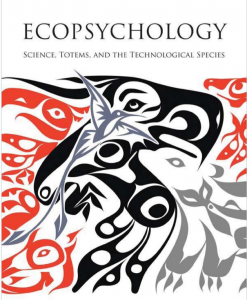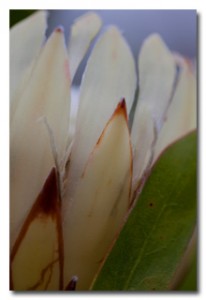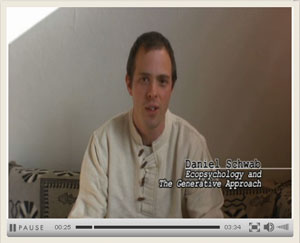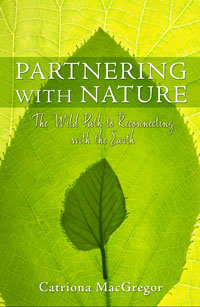Martin Jordan
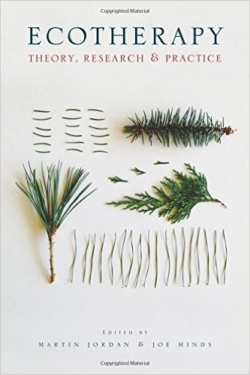 This never-more-relevant quote from the late Martin Jordan, much beloved in the EP community, from Ecotherapy: Theory, Research, and Practice, the book he co-edited with Joe Hinds in 2016.
This never-more-relevant quote from the late Martin Jordan, much beloved in the EP community, from Ecotherapy: Theory, Research, and Practice, the book he co-edited with Joe Hinds in 2016.
“Counselling and psychotherapy cannot fully alleviate the [patient’s] symptoms unless they can treat the cause (the political and historical constellations that shape the era), and yet that cause is the exact subject psychology is not allowed to address… the critiques put forward by ecopsychology and ecotherapy, of dominant social norms which are inherently destructive to the environment and also destructive to thehuman race, are attempting to place counselling and psychotherapy within a wider cultural and political sphere where nature and the environment play a central role in mental health and well-being.”


